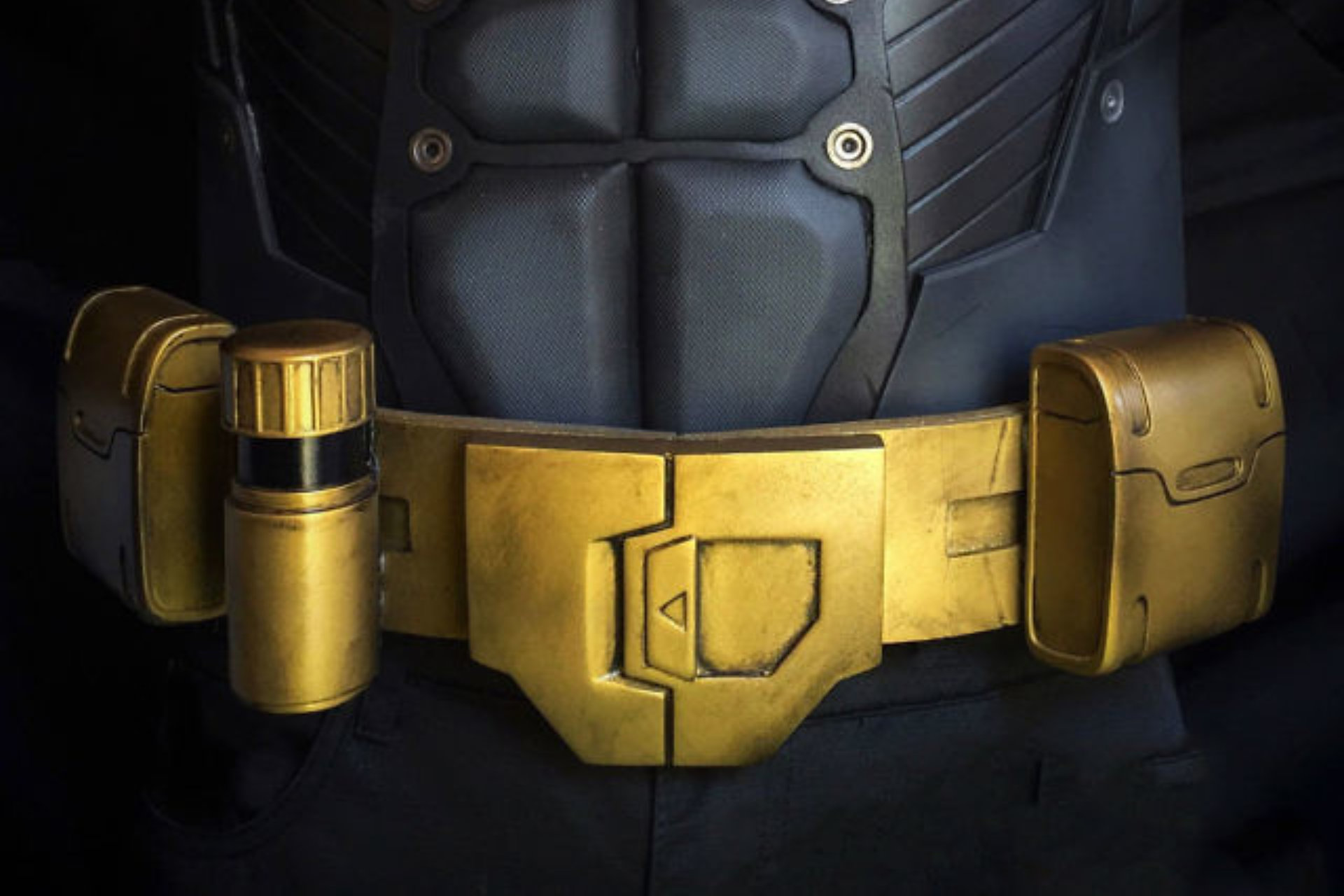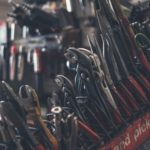
The right tools can greatly improve your productivity. They can dramatically improve your output. They can enable you to accomplish things that would otherwise be impossible. They can help make you faster, stronger and endure longer. Indeed, the right tools often prove to be invaluable.
Which is why all too often we get caught up in acquiring the right tools and forget about acquiring the right knowledge. We become deluded with the notion great tools solve problems, fix issues and/or produce deliverables. And yet we know that is not the case:
- A sharp scalpel, forceps and a set of scrubs doesn’t make you a surgeon.
- A really expensive easel and set of paintbrushes doesn’t make you an artist.
- A saw, hammer, nails doesn’t make you a carpenter.
- A bunch of textbooks and a whiteboard doesn’t make you a teacher.
- A camera, laptop and editing software doesn’t make you a filmmaker.
- A PowerPoint presentation and nice suit doesn’t make you a subject matter expert.
- A blog, some pictures and bunch of links doesn’t make you a thought leader.
Tools are task specific. They serve a defined purpose for an explicit need. Therefore, a broad collection of tools—no matter how advanced or technologically superior—is of no use if you cannot identify the problem, need and/or opportunity for the right tool. That requires knowledge and perhaps some experience. Again, this is intuitive to all of us:
- We learned to eat with our hands before our parents gave us a fork and spoon.
- We learned to walk barefoot before we donned a pair of $150 Nike running shoes.
- We learned to talk in sentences before ponying up $400 for an iPhone.
- We learned to read before dropping $150 on a Kindle.
Thus when acquiring a new tool, it is imperative to ask “is there some knowledge that should be acquired first?” Odds are that option is a lot cheaper—if not altogether free—and will provide a lot more value in the future. It also mitigates the risk of wasting time and money on the wrong tool. My father used to caution: “a fool with a tool is still a fool” and my experience has proven this adage.
Batman may have a great utility belt, but that’s not what makes him Batman.

